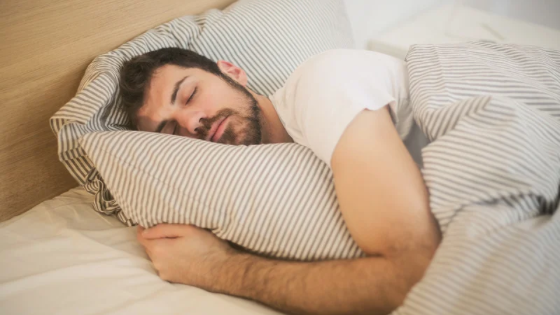Massage therapy has long been recognized as a powerful tool in promoting relaxation, reducing stress, and improving overall well-being. However, recent studies suggest that massage can also help alleviate symptoms of depression. Depression is a common mental health disorder that affects millions of people worldwide, and massage therapy may offer a valuable non-invasive, non-pharmacological approach to managing this condition.1
Depression is characterized by feelings of sadness, hopelessness, and helplessness that persist over an extended period. It can also cause physical symptoms, such as fatigue, aches, and pains, making it challenging to carry out day-to-day activities. While medication and therapy are the primary treatment options for depression, massage therapy can be used as a complementary approach to enhance the effectiveness of traditional treatments.
Massage promotes relaxation
One of the ways massage can help alleviate stress and depression is by promoting relaxation. Massage therapy has been shown to increase the release of serotonin, a neurotransmitter that regulates mood, and decreases the production of cortisol, a hormone associated with stress. By reducing stress levels and promoting relaxation, massage therapy can help alleviate those symptoms.
Improve sleep quality
Another way massage can help depression is by improving sleep quality. Sleep disturbances are a common symptom of depression, and lack of sleep can exacerbate the condition. Massage therapy can promote deep relaxation and reduce muscle tension, allowing the body to enter a state of restful sleep. By improving sleep quality, massage therapy can help reduce symptoms of depression and improve overall well-being.
Relieve muscle tension
Massage therapy can also help alleviate physical symptoms of depression, such as muscle tension and pain. It can increase blood flow and reduce muscle tension, which can alleviate physical symptoms associated with depression. Additionally, the release of endorphins during massage therapy can help reduce pain and discomfort, promoting a sense of well-being.
Finally, massage therapy can promote a sense of connection and social support, which can be particularly valuable for those suffering from depression. Remedial massage therapists are trained to provide a safe, non-judgmental space for clients to relax and unwind. By offering support and comfort, massage therapy can help alleviate feelings of isolation and loneliness that often accompany depression.
In conclusion, massage therapy can be a valuable tool in managing depression. By promoting relaxation, improving sleep quality, alleviating physical symptoms, and offering social support, massage therapy can help alleviate symptoms of depression and improve overall well-being. If you or someone you know is struggling with depression, consider incorporating massage therapy into your treatment plan.




